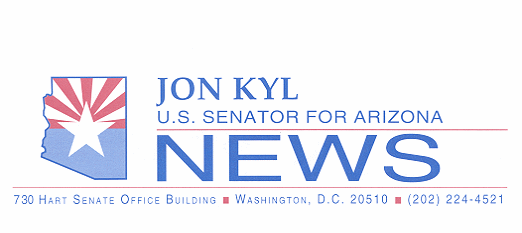

|
FOR IMMEDIATE RELEASE: We Need to Repeal Death Taxes by It was Ben Franklin who said some 200 years ago that nothing in this world is certain but death and taxes. Leave it to the federal government to put those two inevitabilities together to create a tax on death – the estate tax. It is not only confiscatory, but offensive to Americans' sense of fairness. Thankfully, the days of the estate (or "death") tax appear to be numbered. The House of Representatives voted last week to repeal it. Few taxes have gained such widespread public disapproval as the death tax. Polls consistently show that an overwhelming majority of Americans, whether or not they will ever pay the tax, favor its repeal. Why is there such support for death-tax repeal? Because people recognize that there is something terribly wrong when, despite having taxed someone for a lifetime, Uncle Sam can come back one more time when a person dies and take more than half of whatever is left. That's not only unfair – it threatens the American dream. A study by National Federation of Independent Business (NFIB) shows that 30 percent of small-business owners today will have to sell outright or liquidate a part of their firms to pay estate taxes. Half of those who must liquidate to settle with the IRS will have to eliminate 30 or more jobs. According to NFIB, only 30 percent of family businesses survive to the second generation and 13 percent make it to the third generation. Almost 60 percent of small-business owners say that they would create new jobs over the coming year if death taxes were eliminated. Repeal of the tax would be of enormous help to family-owned farms and businesses, which are often forced to sell all or a portion of their business after the death of their founder to pay the tax, which can quickly reach a rate of 55 percent. Even if they don't have to pay a tax, entrepreneurs have to devote scarce resources to costly estate-tax planning when they could put their money to more productive uses, such as research and development, new jobs, and better pay for their employees. Repeal would encourage long-term savings, investment, entrepreneurial effort, and economic growth. The bipartisan, death-tax repeal initiative that I sponsored with Democratic Senator Bob Kerrey of Nebraska was incorporated into the Taxpayer Refund and Relief Act, and approved by majorities in the House and Senate last year. Unfortunately, President Clinton vetoed that bill. The Kyl-Kerrey bill would eliminate death as the trigger for any tax, while ensuring that all assets are taxed once, and only once. Inherited assets would be subject to the capital gains tax when sold. There would be no tax at all if the heir continues the family business. I welcome this week's passage of the death-tax repeal by the U.S. House of Representatives and will be working with Senate leadership for a vote on this issue this year. However, given that President Clinton has again threatened to veto any repeal legislation, it would probably be next year before a full repeal of this onerous tax is enacted.
### |